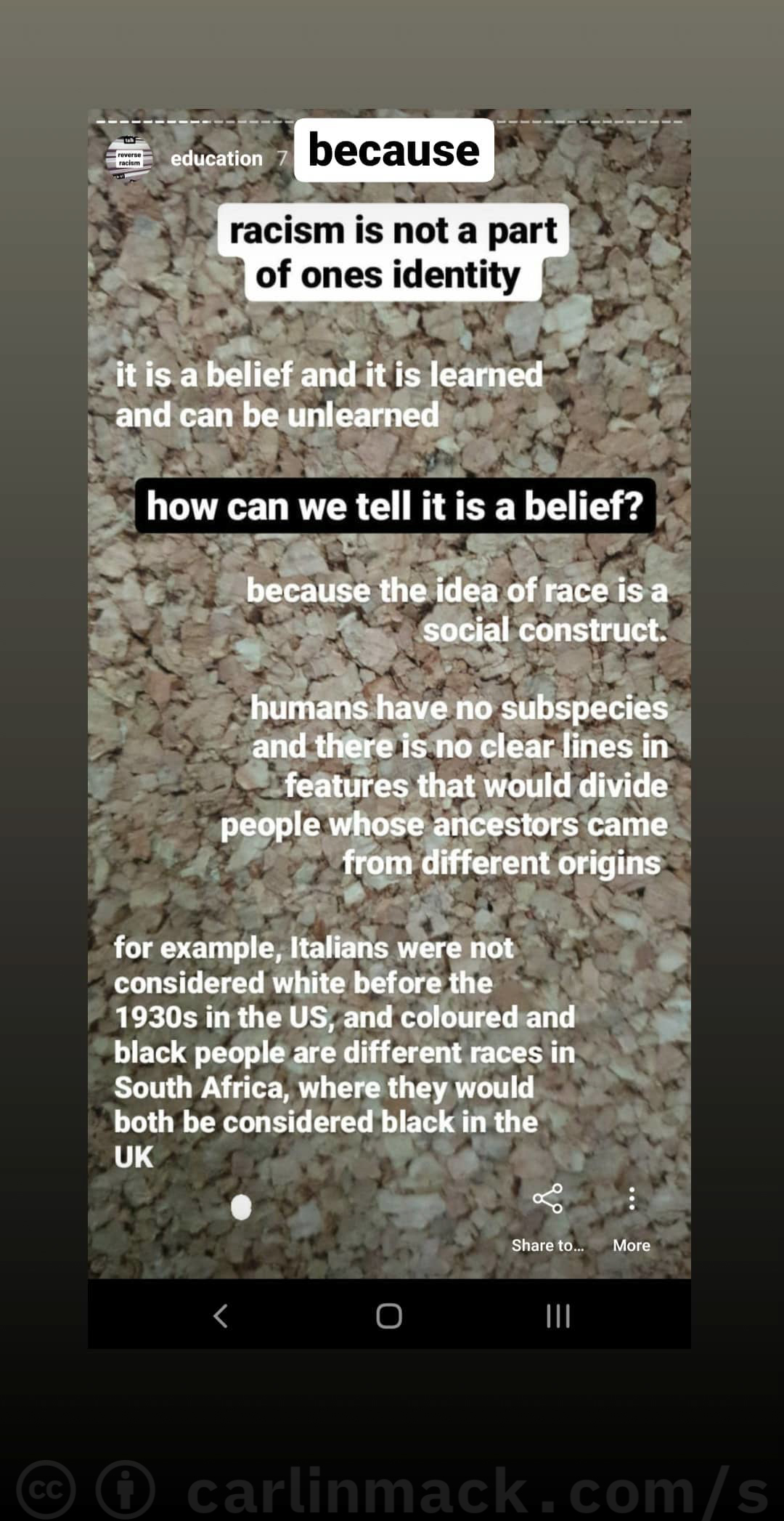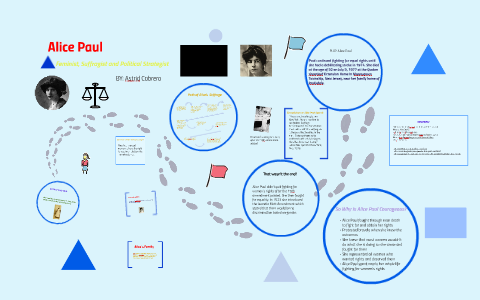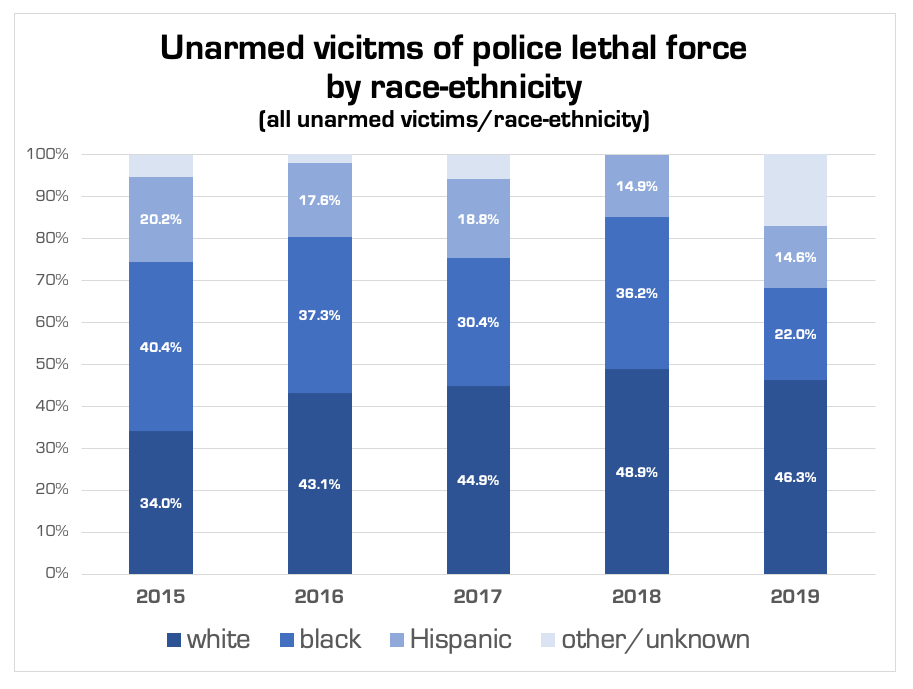Is Race a Social Construct? Unveiling the Truth

The question of whether race is a social construct has sparked countless debates across disciplines, from sociology to biology. While some argue that racial categories are biologically grounded, others contend that they are culturally created and have been used to enforce societal hierarchies. This blog post delves into the origins of racial classifications, their impact on society, and the scientific evidence that challenges traditional notions of race. Understanding this topic is crucial for fostering inclusivity and dismantling systemic inequalities, making it a must-read for anyone interested in social justice, cultural identity, or historical perspectives.
What is Race? Exploring Definitions and Origins

Race, as a concept, has been used to categorize humans based on physical traits like skin color, hair texture, and facial features. Historically, these classifications were tied to geographic regions and ancestry. However, modern science reveals that genetic differences between racial groups are minimal, blurring the lines between biology and culture. This section examines how race has been defined over time and why it remains a contentious topic in sociological studies, anthropology, and genetics.
Is Race a Social Construct? The Evidence

The idea that race is a social construct gained traction in the 20th century, supported by scholars like W.E.B. Du Bois and Franz Boas. They argued that racial categories are not inherent but are instead imposed by society to justify discrimination and power structures. Key evidence includes:
- Genetic Similarity: Humans share 99.9% of their DNA, with variations occurring within, not between, racial groups.
- Cultural Shifts: Definitions of race have changed over time, reflecting societal norms rather than biological truths.
- Historical Context: Racial hierarchies were often created to justify colonialism, slavery, and segregation.
This perspective challenges us to rethink how we perceive identity and equality, aligning with movements like critical race theory and intersectionality.
How the Social Construct of Race Shapes Our World

Understanding race as a social construct has profound implications for addressing systemic racism, policy reform, and cultural representation. It highlights the need for:
- Inclusive Education: Teaching the history and impact of racial constructs in schools.
- Equitable Policies: Dismantling laws and practices that perpetuate racial disparities.
- Media Representation: Challenging stereotypes and promoting diverse narratives.
📌 Note: While race may not be biologically real, its social consequences are very tangible and require active efforts to address.
Race vs. Ethnicity: Understanding the Difference

Often confused, race and ethnicity are distinct concepts. Race typically refers to physical characteristics, while ethnicity encompasses cultural practices, language, and shared history. Recognizing this difference is essential for appreciating the complexity of human identity and avoiding oversimplification in discussions about diversity and inclusion.
| Aspect | Race | Ethnicity |
|---|---|---|
| Basis | Physical traits | Cultural heritage |
| Examples | Black, White, Asian | Hispanic, Jewish, Arab |
| Flexibility | Often perceived as fixed | Can change or overlap |

Key Takeaways: Is Race a Social Construct?

To summarize, race is widely regarded as a social construct rather than a biological reality. Here’s a quick checklist to remember:
- ✅ Race is based on cultural perceptions, not genetic differences.
- ✅ Understanding this helps combat racial bias and promote equality.
- ✅ Distinguish between race and ethnicity for clearer conversations.
- ✅ Advocate for policies that address the social impact of racial constructs.
The concept of race, while deeply ingrained in society, is not rooted in biology but in historical and cultural contexts. By recognizing this, we can work toward a more just and inclusive world. Whether you're exploring this topic for academic research, personal growth, or social advocacy, understanding race as a social construct is a vital step forward.
What does it mean to say race is a social construct?
+
It means that racial categories are created by society, not based on inherent biological differences. They reflect cultural, historical, and political contexts rather than scientific facts.
How does race as a social construct impact society?
+
It influences systemic inequalities, stereotypes, and power dynamics. Recognizing this helps address discrimination and promote social justice.
Can race and ethnicity be used interchangeably?
+
No, race refers to physical traits, while ethnicity relates to cultural identity. They are distinct but often overlap in discussions about identity.



